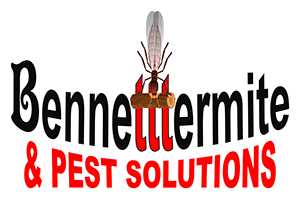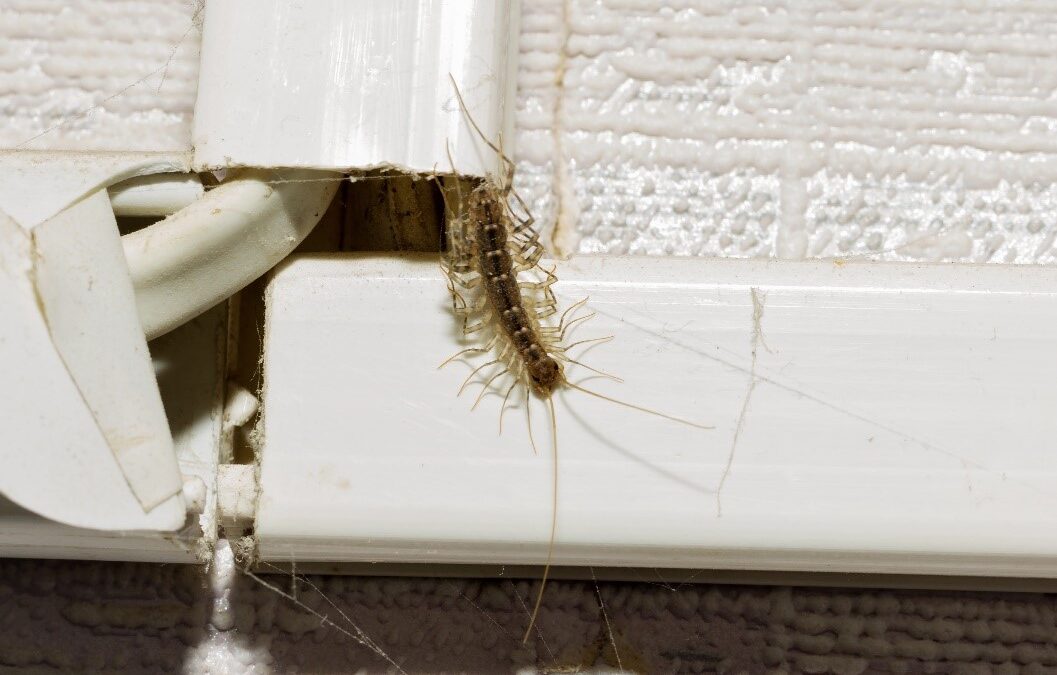House centipedes are fascinating creatures that often spark curiosity and concern among homeowners. While they may look intimidating with their long legs and rapid movements, understanding these pests can help alleviate fears and provide insights into their role in our homes.
What Are House Centipedes?
They belong to the Scutigeridae family and are typically characterized by their elongated bodies, which can be yellowish-brown or grayish in color, and possess 15 pairs of legs. Adult centipedes can grow up to 1.5 inches in length, and their distinctive appearance, coupled with their ability to move swiftly, often catches people off guard.
Found primarily in damp areas of the home, such as basements, bathrooms, and kitchens, house centipedes thrive in environments with high humidity. They are nocturnal hunters, emerging at night to search for food, which primarily consists of small insects like spiders, termites, and roaches.
While they may cause a scare when spotted, their presence is beneficial in controlling other pest populations. This makes them a natural form of pest control.
Are They Dangerous?
They are not considered dangerous to humans, although when provoked, their bite can be painful. They have mild venom and rarely causes more than slight irritation or discomfort, akin to a bee sting. However, their mere presence is unnerving for many, leading homeowners to seek ways to prevent them from entering their living spaces.
Infestation Prevention Tips
To reduce the likelihood of a house centipede infestation, homeowners can take preventive steps. These include sealing window and door cracks and gaps, reducing humidity levels with dehumidifiers, and keeping spaces free of clutter where these pests can hide.
Take Control of Your Home Environment
While these critters may be unnerving to see, they play a beneficial role by controlling other pests. However, if their presence becomes overwhelming, don’t hesitate to reach out for professional help.
At Bennett Termite & Pest Solutions, we can provide expert insights into managing your home environment effectively. We will help you identify potential entry points and suggest strategies to minimize humidity and other conducive conditions for pests. Contact us today to discuss your specific concerns and needs.

